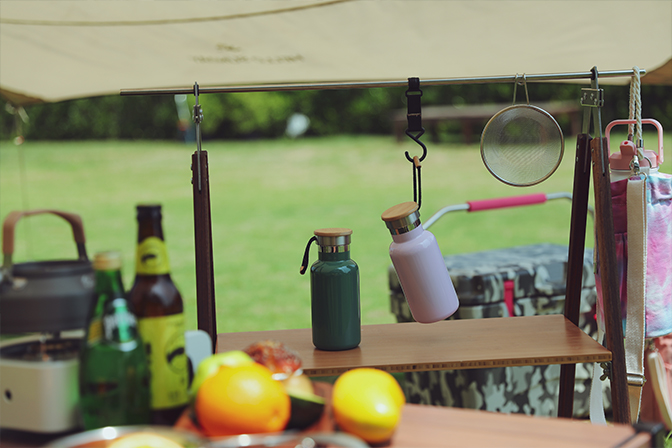
The rising popularity of stainless steel water bottles as a sustainable alternative to single-use plastic bottles has underscored the importance of adhering to high-quality production standards and regulatory compliance. This article delves into the key standards and regulations governing the stainless steel water bottle industry, ensuring that these products are safe, durable, and environmentally friendly.
The U.S. Food and Drug Administration (FDA) plays a crucial role in safeguarding public health by regulating food and beverage containers, including stainless steel water bottles. The FDA’s oversight extends to the materials and manufacturing processes of these bottles, focusing on the permissible levels of chemicals like Bisphenol A (BPA), a compound often found in plastics. The agency mandates that all materials in contact with food and beverages must be deemed safe.
The International Organization for Standardization (ISO) sets global standards for various industries, including those relevant to the production of stainless steel bottles. Notably, ISO 22000 addresses food safety management, while ISO 9001 focuses on quality management systems. These standards guide manufacturers in producing safe, high-quality stainless steel bottles.
This California statute requires businesses to notify consumers about significant amounts of chemicals that cause cancer or reproductive harm in their products. Consequently, many stainless steel water bottle manufacturers have opted to remove such chemicals from their products to circumvent the need for warning labels.
The European Union has stringent regulations for materials and products that come into contact with food, including stainless steel bottles. Regulation (EU) No. 10/2011 specifies the safety criteria these materials and products must meet, including limits on substance migration into food. It requires thorough testing and certification of materials and products before they enter the EU market.
Given the health concerns associated with Bisphenol A (BPA), many manufacturers now offer stainless steel bottles certified as BPA-free. This certification, often provided by third-party organizations, assures consumers that the bottles contain no BPA, addressing health and safety concerns related to food and beverage storage.
The stainless steel water bottle industry is governed by a comprehensive set of standards and regulations designed to ensure product quality and safety. These include international and national guidelines, such as those from the ISO and FDA, as well as certifications like BPA-free status. When choosing stainless steel water bottles, consumers and businesses should seek products that comply with these established standards and regulations, ensuring they receive a product that is safe, reliable, and environmentally responsible. Making informed choices based on these criteria is crucial for both personal use and commercial procurement.

